A No-Nonsense Guide to Albanian Coffee Culture
Picture Albanian coffee and what do you come up with? Probably not a lot, right?
Everybody knows that Italians love their coffee, but when it comes to Albanian coffee culture, less is known.
This isn’t really much of a surprise.
In fact, when it comes to Albania in general, not much is known.
If people think anything of the country, then it likely relates to mobsters and the film Taken rather than the white sand coastline, delicious wine and breathtaking UNESCO cities.
However, Albanian coffee is more than just a necessary caffeine hit in the morning – coffee is a way of life in Albania, and I wanted to dive into the intricacies of Albanian coffee culture and explore how deep the Albanian love for coffee really goes.
So, pour yourself a cup (I just did), and let’s get into it.
A Guide to Albanian Coffee Culture – A Way of Life
I’ve spent quite a bit of time travelling around Albania.
For almost a month, I stayed with an Albanian family in the mountains, and during that time, I learnt a lot about Albanian culture in general, as well as their love of coffee.
In this post, I want to share everything I learnt about Albanian coffee culture.
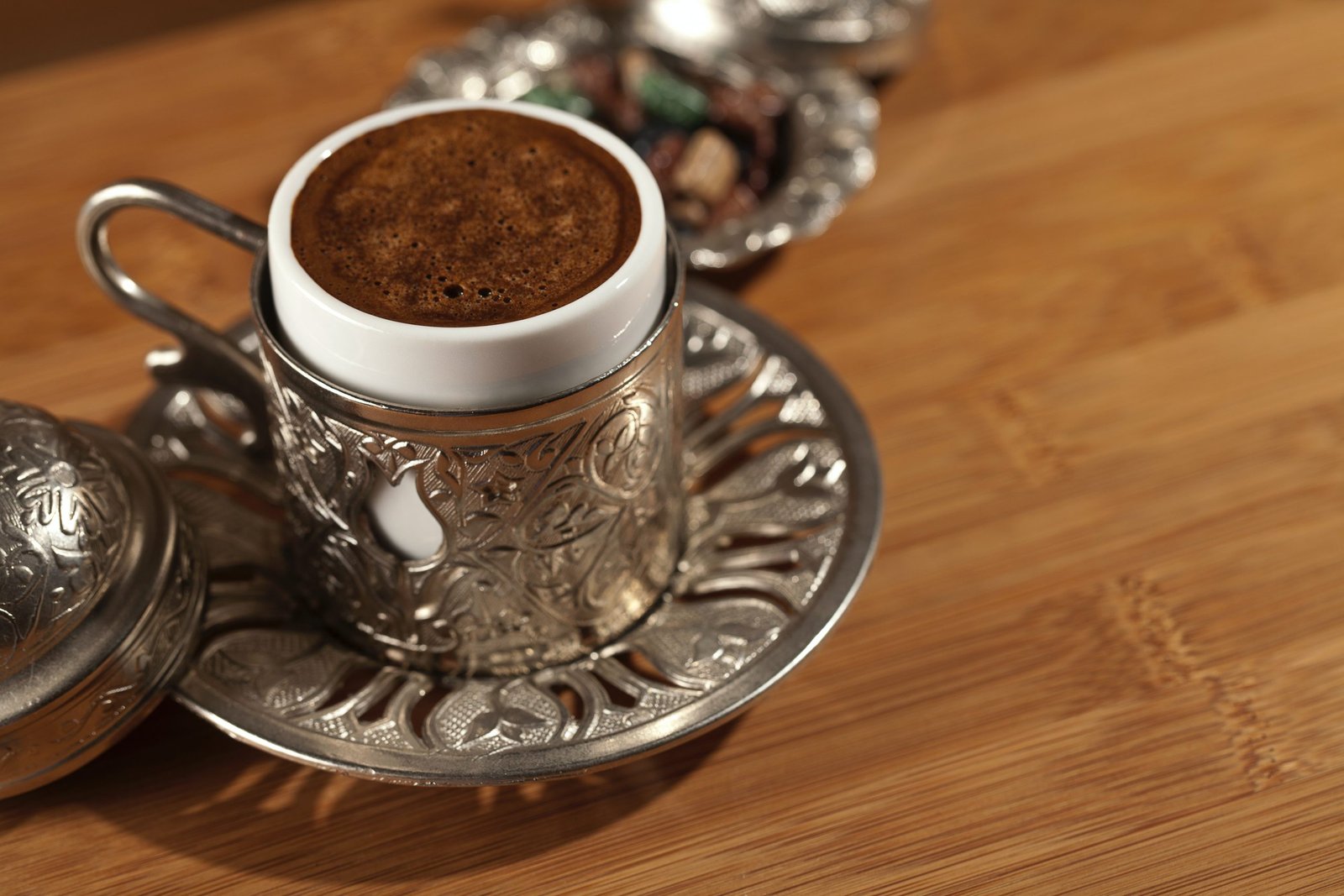
What is Albanian coffee?
There is really no such thing as ‘Albanian coffee.’
Albanians drink two types of coffee – Italian espresso (ekspres) and Turkish coffee (kafe turke), which is also known as ‘Balkan coffee’ as it is found all over the Balkan region.
The former is a relatively new development, having increased in popularity since the 1990s, while the latter harks all the way back to the Ottoman Empire. Having lived under Ottoman Rule for almost 500 years, Albania has inherited many things from the Ottomans, including their architecture, elements of their cuisine, Muslim faith, and, of course, their coffee.
And just what is Turkish coffee?
Well, Turkish coffee is a very thick, very strong brew that is made by boiling water, sugar and very finely ground coffee on the stove in something called an ibrik or cezve.
When the mixture begins to froth, it is removed from the heat to prevent it from boiling over, but true Albanian coffee lovers will reheat it several more times to achieve the ‘perfect’ amount of froth.
It is served in tiny (and adorable) cups, and served with a glass of water and sometimes something sweet to nibble on.
Nowadays, Albanian coffee culture tends to favour the espresso (that’s what I noticed when travelling around the country), but kafe turke is still available in pretty much every coffee shop there is – I practically lived it when I was there!
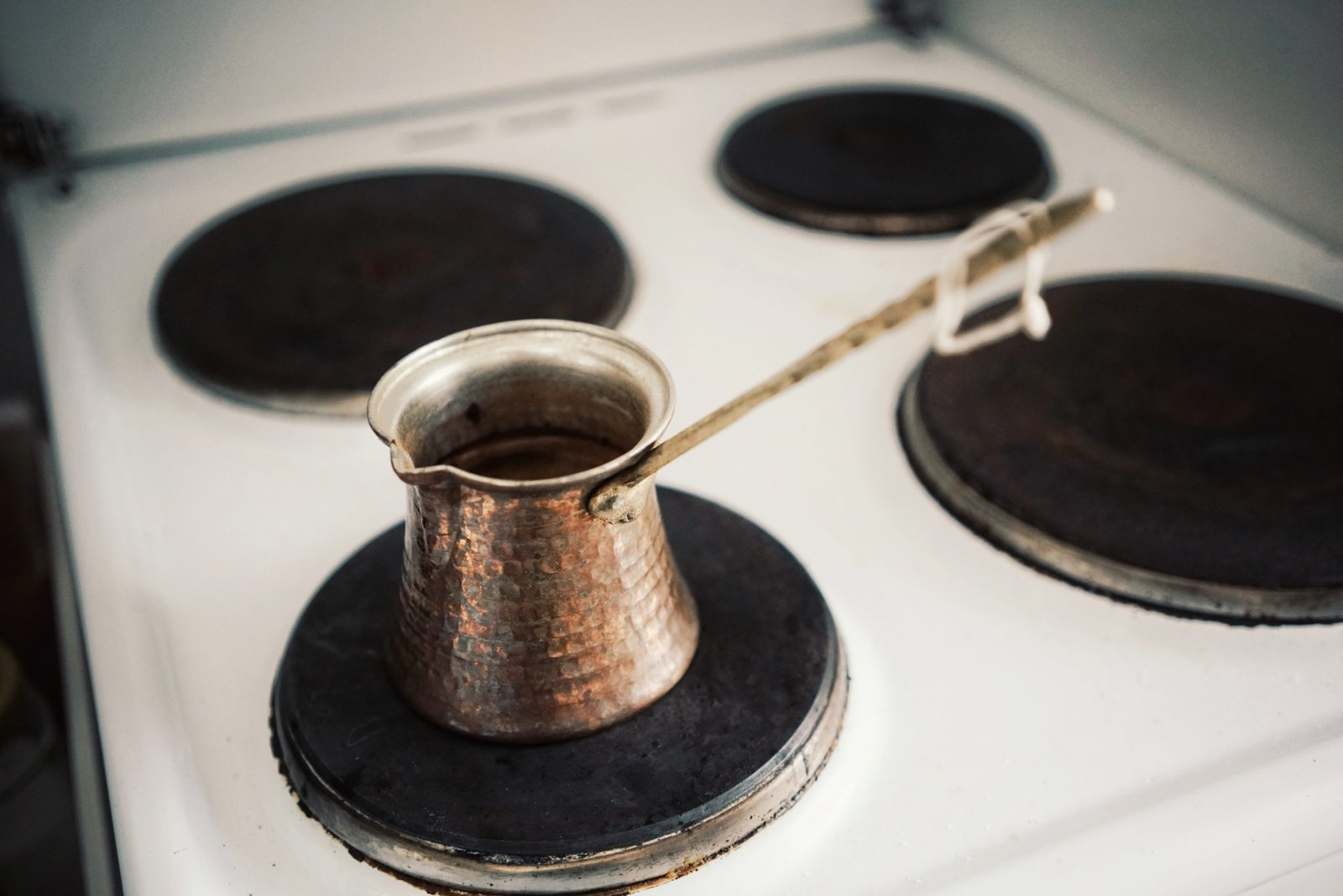
Albanian coffee consumption
In the title, I said that coffee is a way of life in Albania, and it truly is.
Coffee is an integral part of Albanian culture, but before we dive into why, I want to take a look at the numbers.
First, Albania’s capital city of Tirana is the second city in the world with the highest amount of coffee shops per capita, and I’m not kidding when I say that drinking coffee is one of the main things to do in Tirana.
In fact, it is estimated that 18% of all businesses in Albania are coffee shops or restaurants – that’s a lot!
When my boyfriend and I took a stroll around Tirana to find a bar on our first night, we discovered that the vast majority of establishments that were open were coffee shops!
When it comes to their personal coffee-drinking habits, Albanians drink between 300-375 cups of coffee a year (2.5kg per capita).
This doesn’t sound like too much, but when you factor in that children don’t drink coffee, it is reasonable to assume that this number increases significantly – however, it isn’t even half the amount that Portuguese people drink!
Albanians also spend a considerable amount of money on their coffee habit.
In a 2018/19 study on Albanian youth habits by the Friedrich Erbert Foundation, it was found that young people in Albania (between the ages of 14-29) love going out for coffee so much that they spend an average of 3870 ALL per month on going out for coffee, which is around 32 EUR.
With the average monthly salary of an Albanian is 386 EUR per month, this means that Albanian youth are spending around 10% of their income on coffee – even more when we take into account that young teens are in school and not working!
With an espresso or Turkish coffee costing around 40 cents, this means that young Albanians are buying around 75 coffees in coffee shops every single month – ooft!
Okay, that was a lot of number crunching.
I’m sorry.
But that’s a LOT of people buying a LOT of coffee!
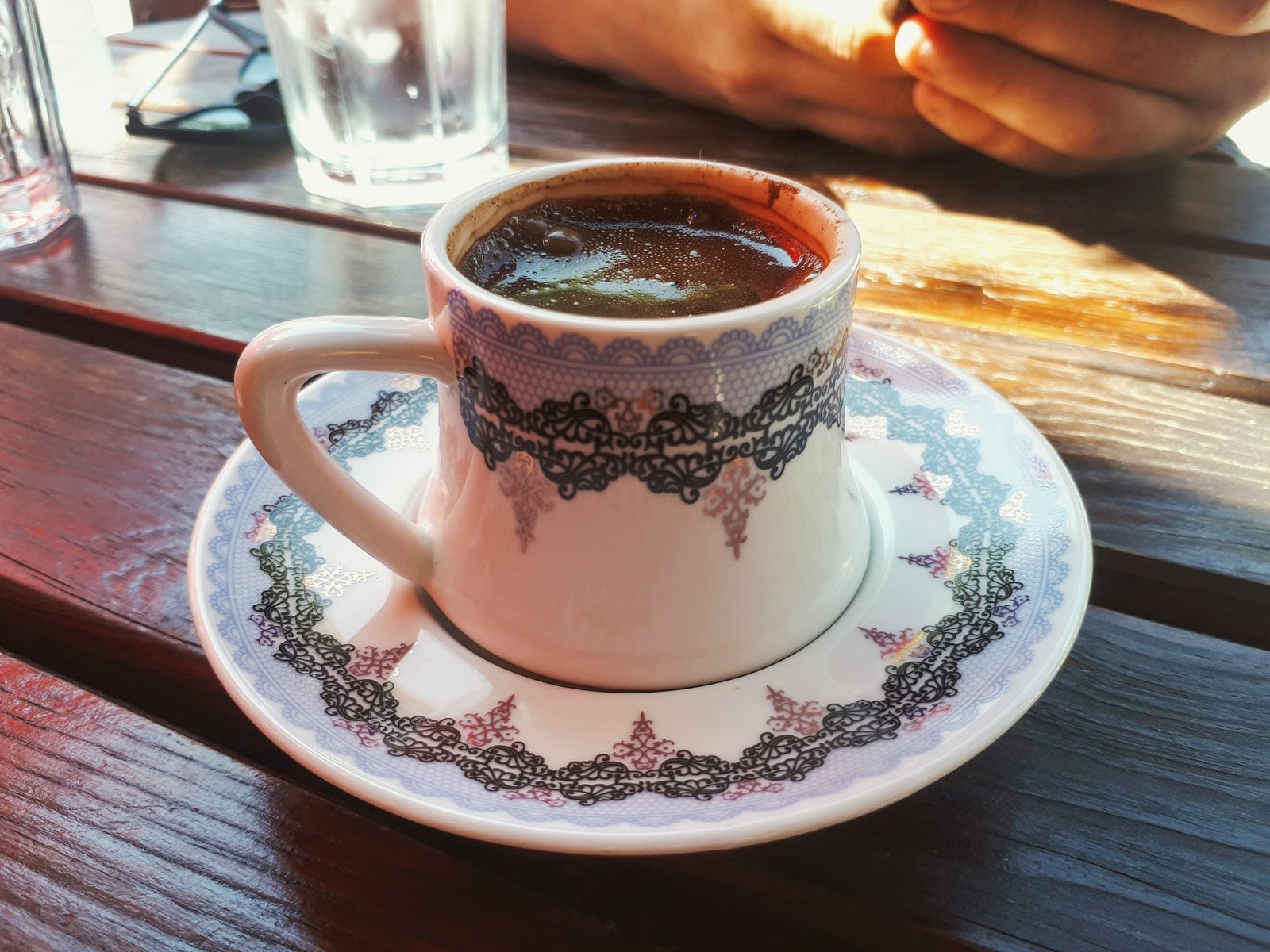
Avash-avash!
It isn’t that Albanians are all addicted to caffeine – Albanian coffee culture is a huge part of the Albanian way of life and cultural identity, and it is a way to build relationships, enjoy a slower pace of life, and emphasise the importance of community.
Coffee is drank slowly in Albania, and visitors to Italy may see Italians standing at the bar and gulping their espresso in one, Albanians will linger for hours over a single cup in the avash-avash way that encompasses the Albanian spirit.
‘Avash-avash, sa të bëhet shelegu dash‘ is an Albanian expression that translates to ‘Slowly, slowly, the lamb becomes a ram’ and it is a huge part of the Albanian way of life.
Often abbreviated to ‘avash-avash,’ this phrase is super popular across the entire country, and it basically means that progress should not be rushed, everything takes time, and we should relax and not stress ourselves.
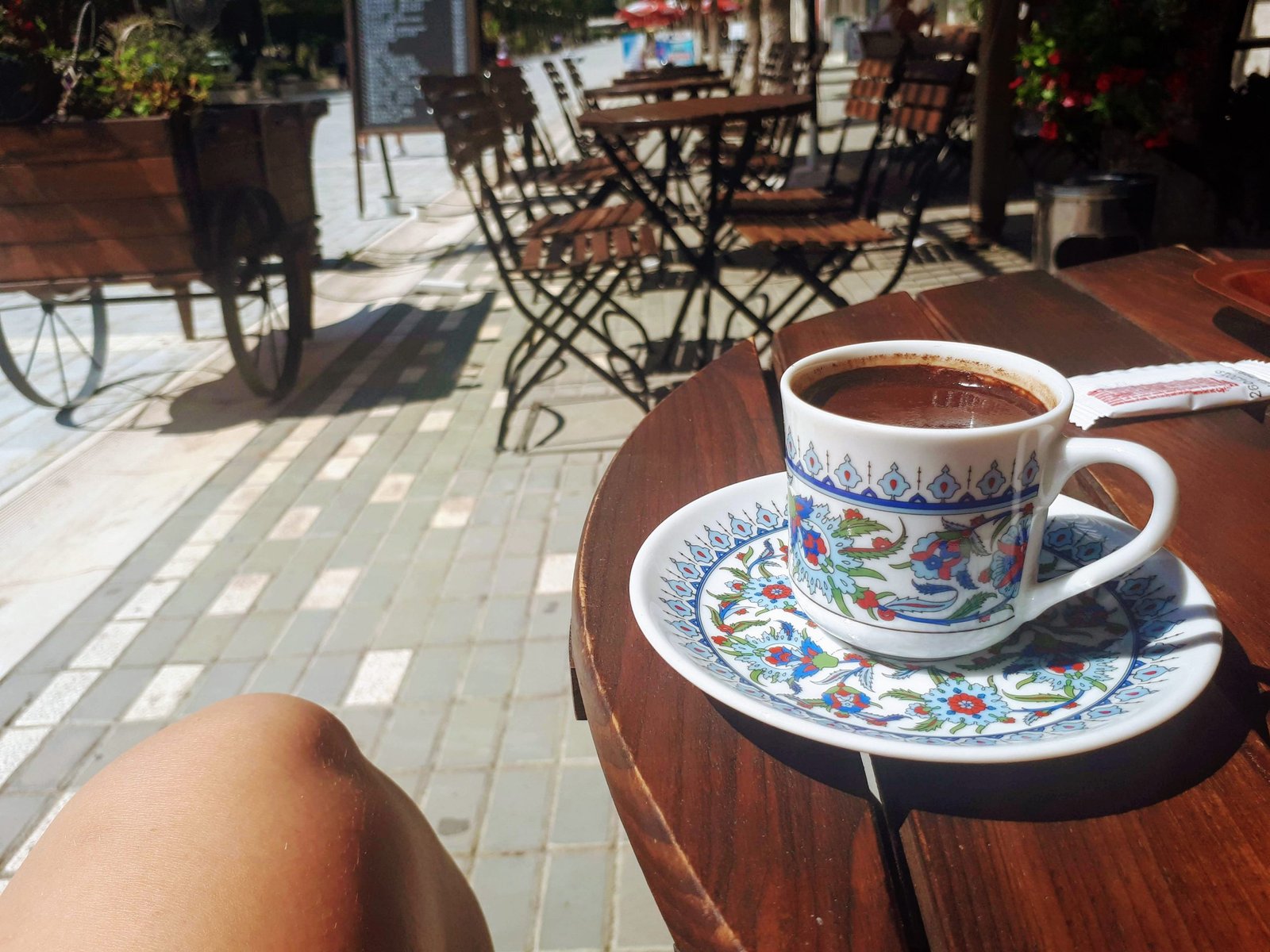
Albanian coffee culture is all about connections
Another important part of Albanian coffee culture is the forming of connections with people.
Whether it’s a first date, a business meeting or even a break-up, a trip to a coffee shop will always be involved, and when doing business with somebody, it is more important to invite them for coffee and bond with them than it is to get right into business.
I actually learned this when I first arrived in Tirana, and a café-owner explained it to me!
It is also polite when meeting someone for the first time to invite them for a coffee. This is seen as a sign of hospitality, and if somebody invites you for coffee, you should always let them pay.
If you are the one inviting them, then the onus is on you.
With that said, as a foreigner, you will find it very difficult to pay a bill in Albania – my Albanian friends would rather die than let me take my purse out, even when it’s definitely my turn! In these cases, you can put up a bit of a fight, but never go and pay behind their backs at the cashier – this is considered a huge insult, and I’m not kidding when I say I almost saw a fight break out because of this.
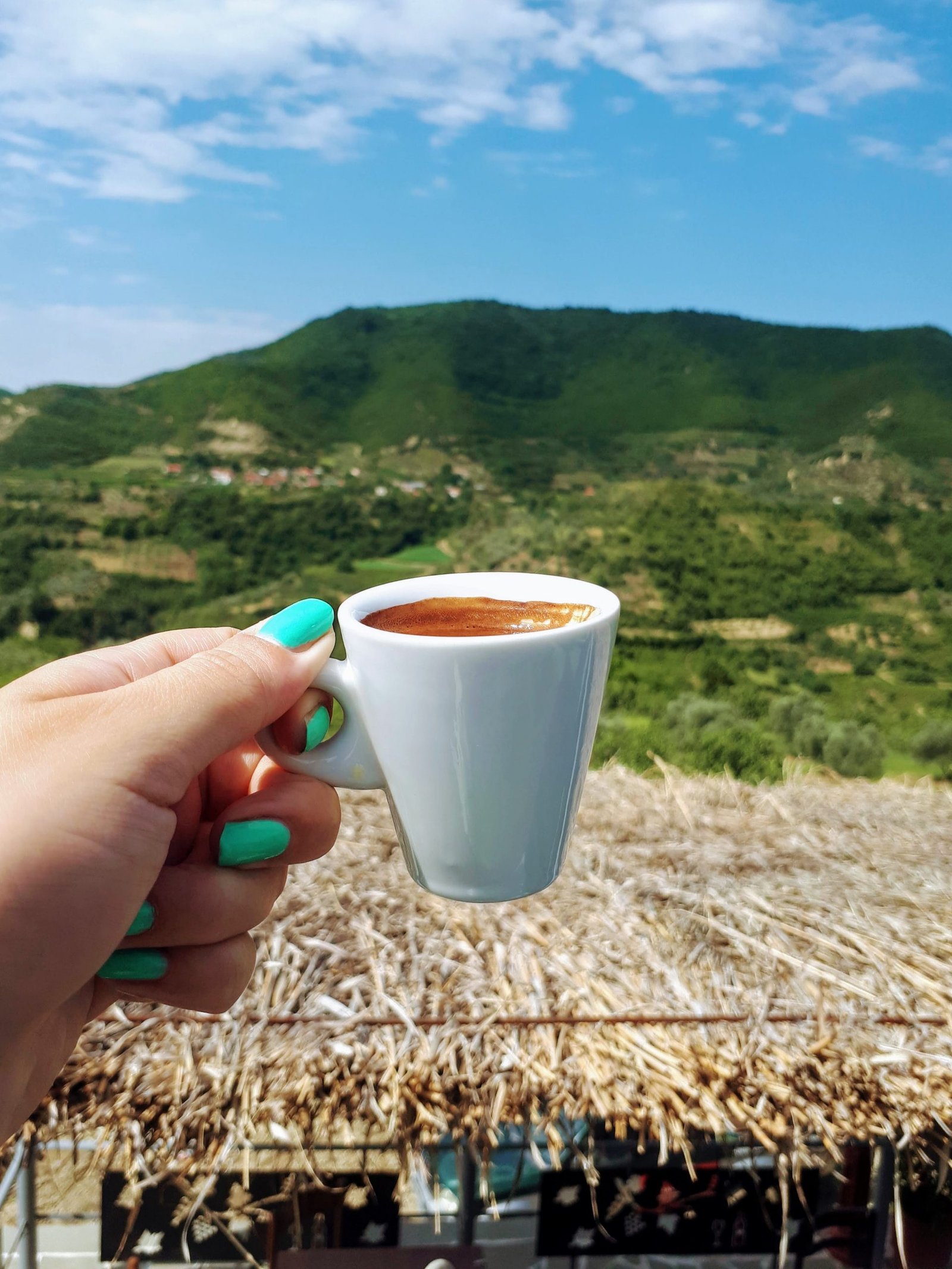
Albanian coffee shops
It may seem odd that I am dedicating a whole section to Albanian coffee shops, but, as with everything else in this post, there is a very set way of things, and you should ignore this section at your peril (okay, I’m definitely exaggerating, but still).
First, and most importantly, there are coffee shops for men and coffee shops for women in Albania.
Now, this won’t be marked with a sign like something you’d see in Saudi Arabia, and you will still get served if you end up wandering into the wrong one, but you will definitely get some uncomfortable stares.
When my boyfriend and I were in Berat, we were desperate for a cold drink after walking around the weekly flea market in the burning sun.
On leaving the market, we noticed a large bar/café that was absolutely packed, and so we decided to stop for a quick refreshment before heading back to our guesthouse.
Well.
Only when we sat down did we realise that, of the 30+ patrons in the bar, every single one of them was male, and every single one was staring at us in silence.
Now don’t get me wrong – I never felt unsafe in any way.
However, it was clear that we had made a huge faux-pas, and the old men couldn’t believe what they were seeing.
So, how can you tell which is which?
Well, aside from the obvious (there are no women in sight), there are a few giveaways.
First off, if the coffee shop has a Western-style interior, with pop music on the speakers and lots of fancy smoothies and cakes, it is probably a mixed space. If it is showing sports on television, has tables outside with chess and dominoes on, and there are a couple of stoic-looking old men sitting outside smoking, it’s probably safe to assume that this is a male-only space!
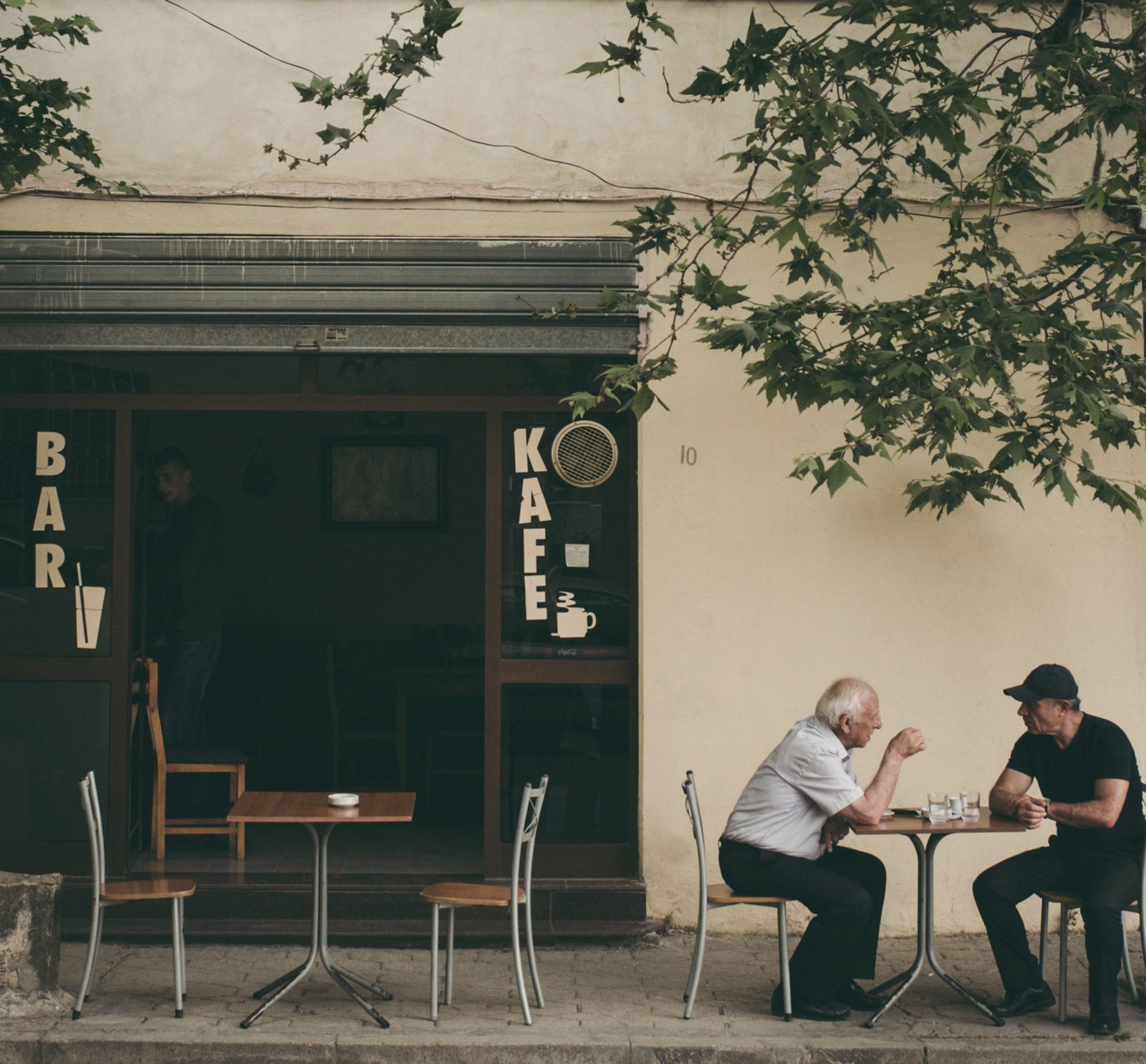
Albanian Coffee Culture | Final Thoughts
It’s safe to say that coffee in Albania is a huge deal, and if you plan on visiting Albania and want to fit in with the locals, you’ll definitely have to up your coffee game!
Have you ever tried Turkish coffee? Do you prefer it to Espresso? Let me know your thoughts in the comments section below!
XOXO
If you like this article and would like to support my work, please click the button above to donate a couple of bucks and buy me a coffee. The revenue that I receive on this website is minimal, so support from my readers enables me to keep creating content that you (hopefully!) love to read.
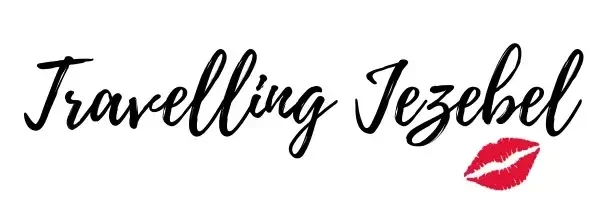
Great article! Very wise of you to travel slowly.
Thanks!
Hi, great article, came a cross it whilst doing some research for my radio show. I would love to have a chat with you about your travels for my show and hear more about all the coffees you have had and the different places you have had them in. I love a coffee and new shop has just opened up near me and I love it more than the well known places
Hello, I’d love to! Please email me on danielleroseleigh@gmail.com
Having spent a fair amount of time in Albania, and even living with an Albanian family for several months, I can confirm that your assessments are correct. I’ll be taking my daughter there for the first time in June, and I cannot wait to sit in a cafe with my Albanian friends and enjoy some amazing coffee/cappuccino💕
Thanks so much for your comment! Hope you have a great time in Albania! x